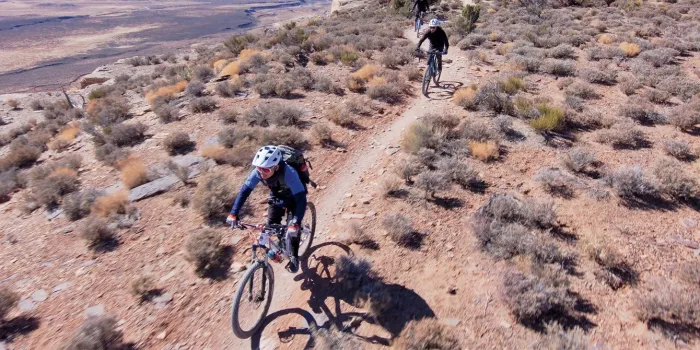When I was an infant, I developed purple and pink bruises all over my body. My parents carried me from doctor to doctor in Vietnam, where we lived. No one, not my family and not the health care workers had seen these symptoms. I was diagnosed with hemophilia when I was about a year old.
There’s so much I could say about growing up with hemophilia in a country with a less developed health care system. But I will sum it up in one word: Pain. As a teenager, I experienced a bleed in my stomach. The ache was so intolerable that I couldn’t stand, sit, or even lie down without feeling excruciating pain. The only painkiller available was ice. To distract myself, I bit my fingers.
Clotting factor was available, but it carried a risk of transmitting viruses such as hepatitis C and HIV. The clotting factor also caused terrible side effects. Every time I used clotting factor, my body went into shock. Sometimes I experienced uncontrollable itching. Other times, I got super cold. Even if it was the middle of the summer, I would ask my parents to pour warm water on me to heat up my body. Once, the shock was so strong that I nearly passed out. In about 30 minutes, my left leg went numb. To this day, the nerves in my left leg are affected.
My family was frugal, and every extra dollar went to buy treatments for me. But most of my childhood was spent sitting inside, watching other kids play and wishing I could run around with them.
In 2015, at the age of 26, I moved to Las Vegas and things dramatically changed. Doctors told me it’s important to stay active when you have hemophilia.
“How is that possible?” I asked.
They said there are medications that can help control the bleeding. Knowing that, I was able to find a life I’d never had. I started doing easy things like walking and swimming. Then I joined dance competitions, though those were tough on my joints.
Next, I discovered mountain biking. I know what you’re thinking — mountain biking is dangerous. But it is less treacherous than road biking because you ride more slowly on a mountain bike. If you do crash, you fall onto soft ground with little chance of being hit by a car.
I admit going up hill on a mountain bike is hard work. I sweat and curse and wonder, why am I doing this to myself?
But then I reach the top, and there is a sunrise or a sunset or a beautiful line of trees. Finally, I go down the hill. I feel the breeze on my face and smell the scent of the grass. The reward for all that hard work is spectacular.
When I’m not mountain biking, I’m usually working on graphic design projects. I design logos and other marketing materials for small businesses around Las Vegas. I know some people still think of hemophilia as a curse. And in some ways, I guess it is. But to me, it is a blessing. Hemophilia helped me learn how to take care of myself from a young age. It also helped me learn to truly appreciate all the little moments.

